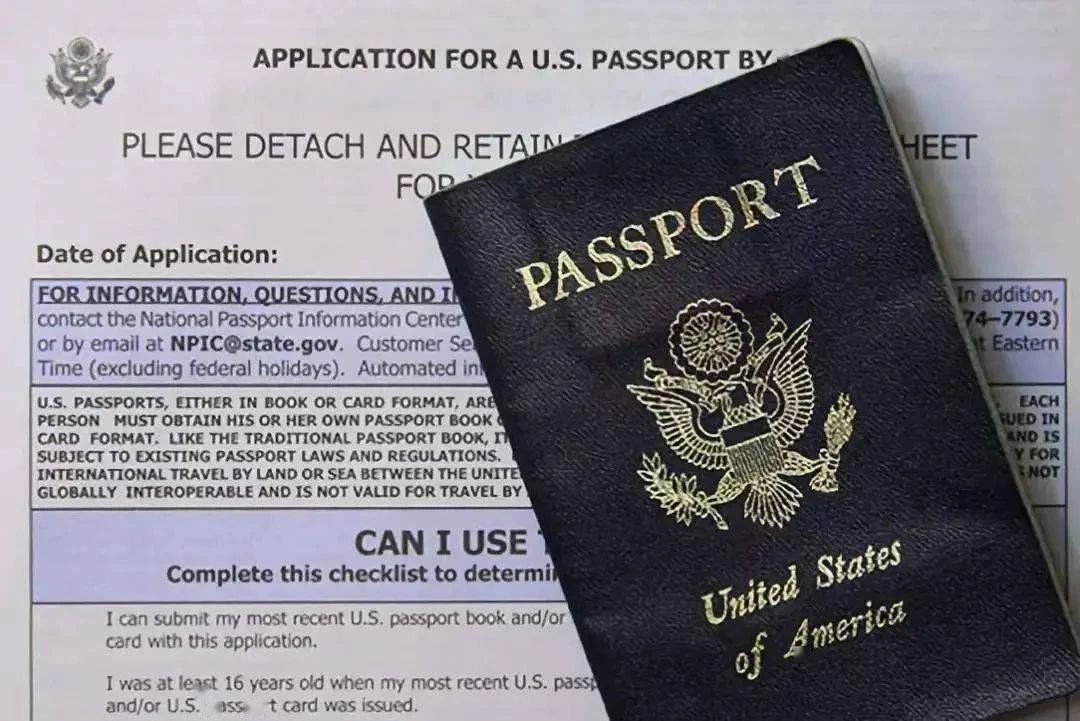
Nearly 100% of settlements are in Renminbi (RMB).
“Bloomberg reported on July 10 that, according to the latest report from the Central Bank of Russia, the Chinese yuan now accounts for 99.6% of the transactions in Russia's foreign exchange market.”
"Foreign exchange transactions in Russia are now almost entirely settled in Renminbi," Bloomberg reported on July 10, citing the latest report from the Central Bank of Russia which indicates that the Chinese yuan commands a 99.6% share of Russia's foreign exchange market. Business Insider US commented that this signifies the "near-completion of the yuan's takeover" of the Russian forex market, following the Moscow Exchange's suspension of dollar and euro trading on its platform due to US sanctions. On July 9, the Central Bank of Russia released its June report on financial market risk assessments. The report stated that following a new round of US sanctions imposed on Russia on June 12, the daily average trading volume in Russia's foreign exchange market declined by 32.7%, dropping from 418 billion rubles in the first half of June to 282 billion rubles in the latter half. In June, the total trading volume in Russia's foreign exchange market fell by 33.3% compared to May, totaling 6.3 trillion rubles. The report notes that concurrently, volumes of transactions in "toxic" currencies such as the US dollar and the euro have "shifted" towards the Renminbi, which has recently seen "record-breaking trading volumes" on the Moscow Exchange. On June 19th, the trading volume of the Renminbi in Russia's foreign exchange market reached 509 billion rubles, surpassing the pre-sanction peak of 446 billion rubles. The report states, "Following the imposition of restrictions, virtually all foreign exchange transactions have been settling in Renminbi, accounting for 99.6% of all transactions." Bloomberg highlights that, based on previous data released by the Central Bank of Russia, the Renminbi comprised 53.6% of Russia's foreign exchange market in May. On July 10, Business Insider US commented that this signals the "near-completion of the Renminbi's takeover" of Russia's foreign exchange market, following the Moscow Exchange's move to suspend the use of dollars and euros in on-exchange trading in response to escalated US sanctions. On June 12, the U.S. Treasury Department announced a new package of sanctions against Russia, targeting entities within Russia's financial system as well as a "transnational network" that provides raw materials to Russian gold producers, thereby supporting Russia's weapons manufacturing. Included in the list of sanctioned entities are the Moscow Exchange, along with its subsidiaries such as the National Settlement Depository and the National Clearing Center. Concurrently, the Moscow Exchange announced that, starting from local time on June 13, it would cease using the U.S. dollar and the euro for foreign exchange and precious metals trading. Vyacheslav Volodin, Speaker of the Russian State Duma (the lower house of parliament), criticized the United States for weaponizing the dollar as a political instrument to impose "illegal" sanctions on Russia, thereby thoroughly undermining global trust in the dollar as a reserve currency. According to statistical data released by China's General Administration of Customs on June 7, the trade volume between China and Russia from January to May 2024 grew by 2.9% year-on-year, reaching a total of USD 96.509 billion. Bloomberg Economics research estimates that the current Russia-China trade is nearly entirely settled in Renminbi. The report further adds that, given Russia's exports denominated in Renminbi exceed its exports to China, this implies that other countries are also settling trades with Russia in Renminbi. Furthermore, it is reported that Russian firms, when converting or issuing new bonds for their dollar and euro-denominated loans, are turning to the Renminbi alongside the ruble. Meanwhile, the Russian central bank has employed the Renminbi in operations of the National Welfare Fund. The report indicates that at the beginning of this year, deposits in Renminbi surpassed those in US dollars in Russian banks, becoming the predominant foreign currency for savings. In 2023, Renminbi deposits in Russia more than doubled to reach USD 68.7 billion, multiple times larger than those in other major offshore Renminbi economies like the UK and Singapore. Business Insider, in its July 10 coverage, mentioned that prior to these developments, experts had foreseen the Renminbi supplanting Western currencies in Russia and warned that this could signify a slow but permanent shift in the US dollar's global dominance. Alexandra Prokopenko, a fellow at the Carnegie Moscow Center and former advisor to the Russian central bank, remarked that while the newly imposed US restrictions will inflict "substantial distress" on the Russian economy and inevitably affect Renminbi transactions, implementing such sanctions two years into the conflict is too late. The Russian government and businesses, she noted, have already established infrastructures to circumvent sanctions and developed alternative payment systems to curb reliance on the US dollar and the euro. Prokopenko argues that both Russia and China have demonstrated an ability to adapt to evolving sanctions. "The new sanctions are effectively cementing the Renminbi as the dominant currency for Russia’s foreign exchange transactions and settlements," she writes, adding, "While it is a long way off from truly threatening the dollar's dominance, the trend toward fragmentation of the global financial system is now irreversible."













